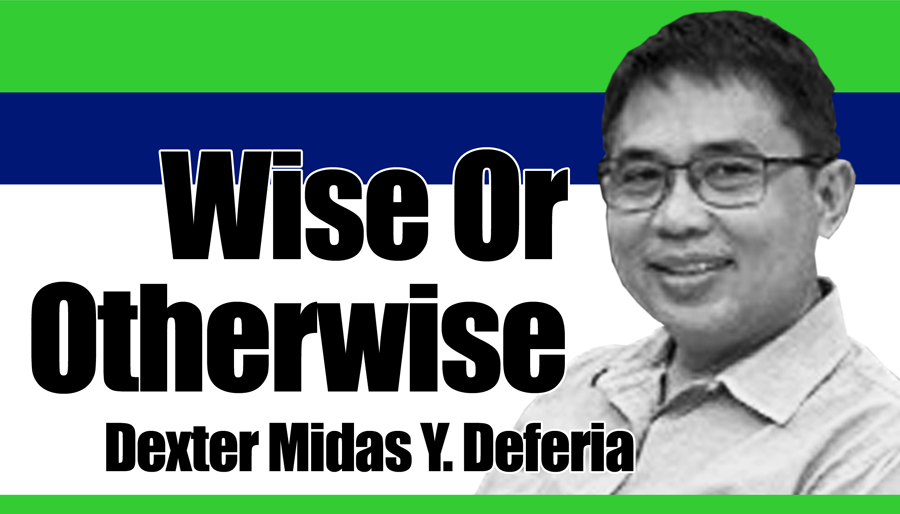
With the current investigations underway by the Senate, House of Representatives, and the creation of the Independent Commission for Infrastructure, it seems this issue is going nowhere. Much like in the past, these inquiries usually lead to no significant outcomes. Even when some individuals are sentenced, they either go into hiding or serve brief periods before returning to society.
When did stealing begin? Theft is not new to humanity. It has existed since ancient times. The Bible’s Ten Commandments even include the commandment “Thou shalt not steal,” signaling that theft has been a recognized sin for millennia, underscoring its deep-rooted presence in human society.
Our nation continues to be plagued by one scandal after another. From one administration to the next, corruption stains the government. It is hard to recall a single government free from the taint of corruption. As the saying goes, history repeats itself.
During my time in the medical sales industry working for an American-owned company, kickbacks were strictly avoided. Corruption exists in both private and public sectors, including government and private hospitals. Even abroad, working as a medical representative in the Middle East, our company adhered to the Foreign Corrupt Practices Act (FCPA), a law preventing American firms from engaging in bribery to secure contracts. The Republic Act 9184 or Government Procurement Reform Act, passed in 2002, was intended to regulate government bidding here in the Philippines.
To ensure transparency, projects require qualified bidders based on financial capacity known as Net Financial Contracting Capacity (NFCC). This criterion prevents small-time or fly-by-night companies from winning large contracts. Company bidding must meet or exceed the Approved Budget for the Contract (ABC).
However, scandals like Pharmally during the pandemic exposed loopholes. Their paid-up capital was small, yet they secured billion-peso contracts. The current flood control project scandal shows a similar pattern—licensed qualified contractors lent their licenses to companies allegedly set up by Department of Public Works and Highways (DPWH) personnel, who then took over the actual work, circumventing regulations.
This endless cycle drains the country’s resources, funds that come from taxes and loans, both domestic and foreign, meant to support the national budget. We once dealt with white elephant projects, but now ghost projects and substandard outputs prevail.
The nature of theft has evolved with time. It has become more sophisticated, often operating legally until uncovered. The convoluted dance among lawmakers, executives, government departments, and auditing bodies enables corruption to flourish unchecked. Congress prepares the budget, but ensures that a significant portion is illicitly shared. Executive departments approve and certify completion, while oversight agencies often fail to scrutinize effectively. It takes whistleblowers like Representative Toby Tiangco to expose these schemes, but public outrage and reforms often fade quickly. Whatever his reasons—personal or for the public—I don’t care, as long as it sparks awareness that we are being robbed in broad daylight.
In the end, corruption remains the greatest obstacle to national progress. Only with persistent vigilance, institutional reforms, and a collective demand for accountability can we hope to break free from this enduring cycle of greed and betrayal. ||




